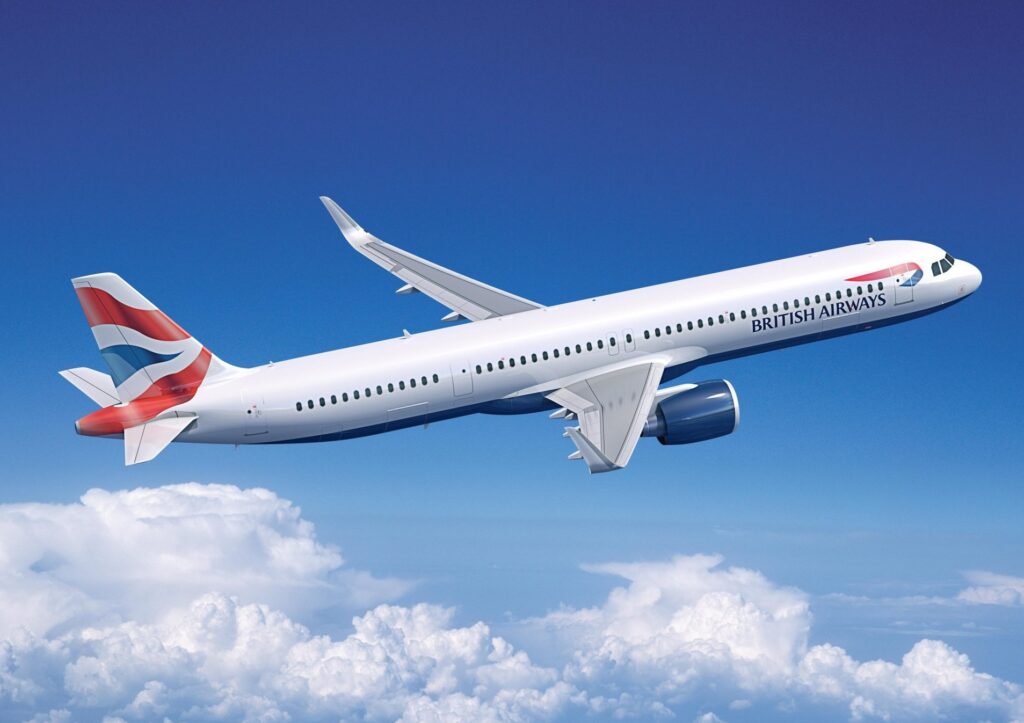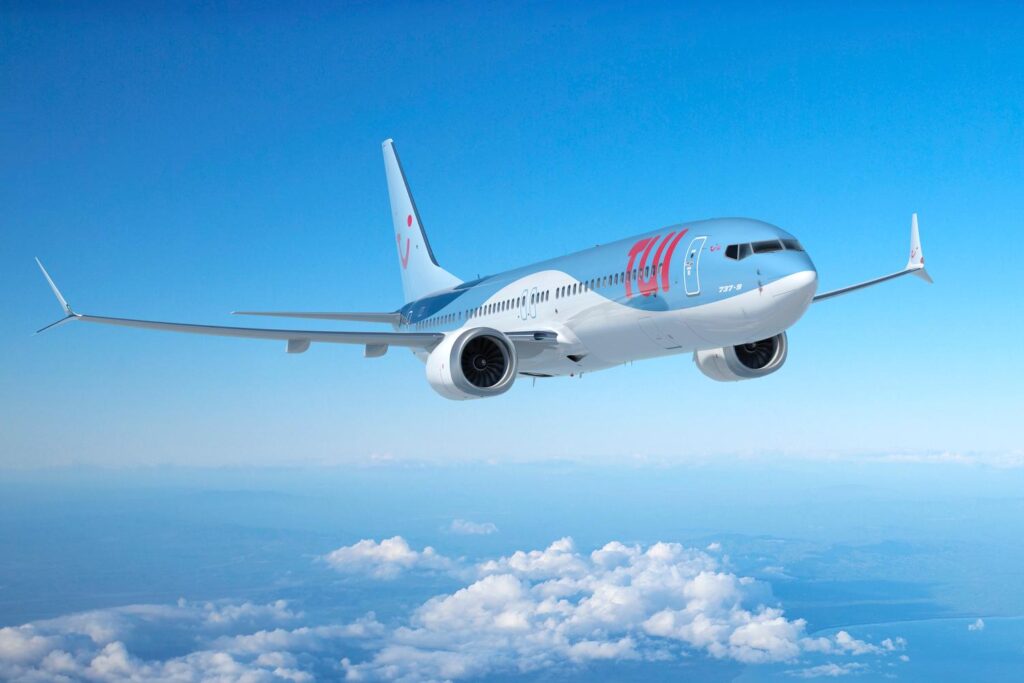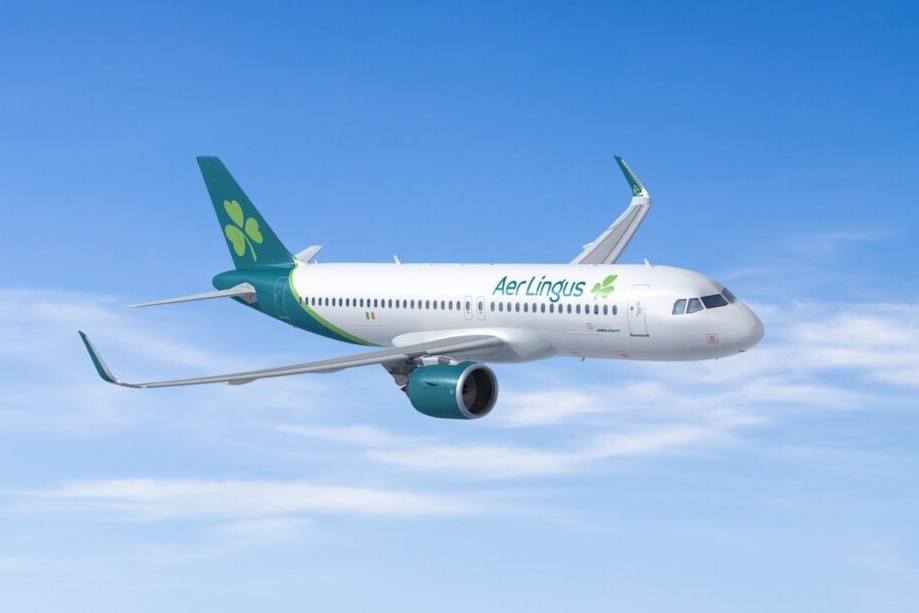Introduction
Embark on your journey to the skies with Sponsored Pilot Pathways offered by leading airlines worldwide. Also known as Cadetships, these unique programs are designed for airlines to spot talent and hold on to you! From Day One, you’ll have a conditional job offer, with training costs fronted by the partner airline.
An increasing number of airlines are starting to offer this, but with no previous flying or financing required, this is arguably the most competitive entry into an airline, as you have to stand out from the start!
Not to worry though, both of our founders were selected on these schemes and are in the best position to advise and ensure you have all the right tools to success! Find our more on the About Us page.
What are Sponsored Pilot Pathways?
Sponsored Pilot Pathways are programs initiated by airlines to cultivate the next generation of pilots. Recognizing the need for skilled aviators, these pathways provide financial support, expert-led training, and direct employment opportunities upon successful completion. They bridge the gap between aspiring pilots and their career goals, making aviation careers more attainable.
Benefits of Sponsored Pathways
- Financial Support: No requirement for a loan, or taking on debt to fund training.
- Expert Training: Airline schemes pick top-tier Flight Schools. with state-of-the-art facilities and aircraft; the training is tailored to your specific Airline SOP’s, often from day one.
- Guaranteed Employment: Secure a first officer position with the sponsoring airline upon program completion and meeting all requirements.
- Mentorship and Support: Gain insights and guidance from current airline pilots throughout your training.
How to Qualify
- Educational Background: Typical requirements range between 5 GCSE’s at C or above to A-levels. University degrees or life experience sometimes preferred.
- Medical Certificate: Must be able to obtain an Unrestricted Class 1 Medical Certificate.
- Assessment: Pass the airline’s selection process, typically consisting of aptitude tests, interviews, and group exercises.
- Commitment: You’re typically required to fly with the sponsoring airline for a specified period (this is known as a ‘bond’). On the flip side, it’s a period of guaranteed employment.
Application Process
- Research: Explore sponsored pathways offered by different airlines to find the one that best suits your career aspirations.
- Prepare: Gather necessary documents, such as your CV, educational certificates, and any flight experience records.
- Apply: Submit your application through the airline’s career portal. Ensure you meet all the specified criteria.
- Selection: If shortlisted, prepare for the selection process, which may include tests, interviews, and group exercises.
- Training: Upon successful selection, you will embark on your training journey, leading you towards becoming a commercial pilot.
Featured Airlines Offering Sponsored Pathways
British Airways CURRENTLY OPEN
Known as the Speedbird Pilot Academy, BA typically select between 150-200 Cadets annually. After training, successful Cadets will be employed either in BA Mainline, BA Euroflyer (Airbus A320) or BA Cityflyer (Embraer 190). Training is provided by FTE Jerez in Spain or Skyborne in the UK & US.

Eligibility:
•17-55 years old, 18 to start training
•Six GCSEs grade A-C or 5-9, including Maths, English and a Science (or equivalent)
•Fluent in English
•Valid passport which permits unrestricted worldwide travel
•Height must be between 1.57m (5'2") and 1.90m (6'3”)
•Able to obtain and hold a UK CAA Class 1 medical with no restrictions
•Have the right to live and work in the UK without sponsorship
“Our aim is to attract the very best talent out there for our future generation of pilots. Whether someone is just leaving school or embarking on a second career they never thought possible, we’re levelling the playing field by removing the initial training cost barrier to make a flying career more accessible to a wider range of people and giving everyone an equal chance.”
Sean Doyle, Chairman and CEO of British Airways
TUI
The TUI Pilot Cadet Programme currently selects 30 Cadets each year. Successful Cadets will fly the Boeing 737 after training. Ab-initio training is done in-house in the UK and Belgium. The course is split into 3 phases:
•Ground School – 26 weeks studying the 14 ATPL exams
•Basic Flying Training – 30 weeks / 62 hours of flying (Robin DR401) followed by Upset Recovery Training (UPRT)
•Intermediate & Advanced Flying Training – 22 weeks / 270 hours flying the B737 simulator. Culminates with 737 Type Rating.

Eligibility:
•18+ on 1st September 2024
•Five GCSEs grade A-C or 5-9, including Maths (grade B/6 and above) and English and a Science (or B/5 and above)
•Fluent in English
•Valid passport which permits unrestricted worldwide travel
•Height must be above between 1.58m (5'2”)
•Able to swim 25m
•Able to obtain and hold a UK CAA Class 1 medical with no restrictions
•Have the right to live and work in the UK without sponsorship
“We know that for our customers, their holiday begins the moment they arrive at the airport and step foot on the plane into the safe hands of our pilots. Our pilots play such a pivotal role and we want to continue to attract the best and the brightest who are passionate and committed to going the extra smile for our customers.”
Malcolm Sutherland, Director of TUI Airways
Aer Lingus
Typically selects 6-8 pilots annually to fly the Airbus A320. Training is provided over a 14 month period by FTE Jerez in Spain.

Eligibility:
•18+ on 17th April 2024
•3 A-levels minimum grades C, C, D; GCSE Maths and English minimum grade C
•Fluent in English
•Valid passport which permits unrestricted worldwide travel
•Able to obtain and hold an EASA (IAA) Class 1 medical with no restrictions
•Have the right to live and work in the Republic of Ireland without sponsorship (YES, UK nationals are eligible)
“To secure a place on this course, you need to be highly motivated and must demonstrate the competencies required to become a commercial airline pilot. If successful, your journey towards becoming a pilot with Aer Lingus will begin in September 2024”
Karl O’Neill, Chief Instructor & Recuitment, Aer Lingus
